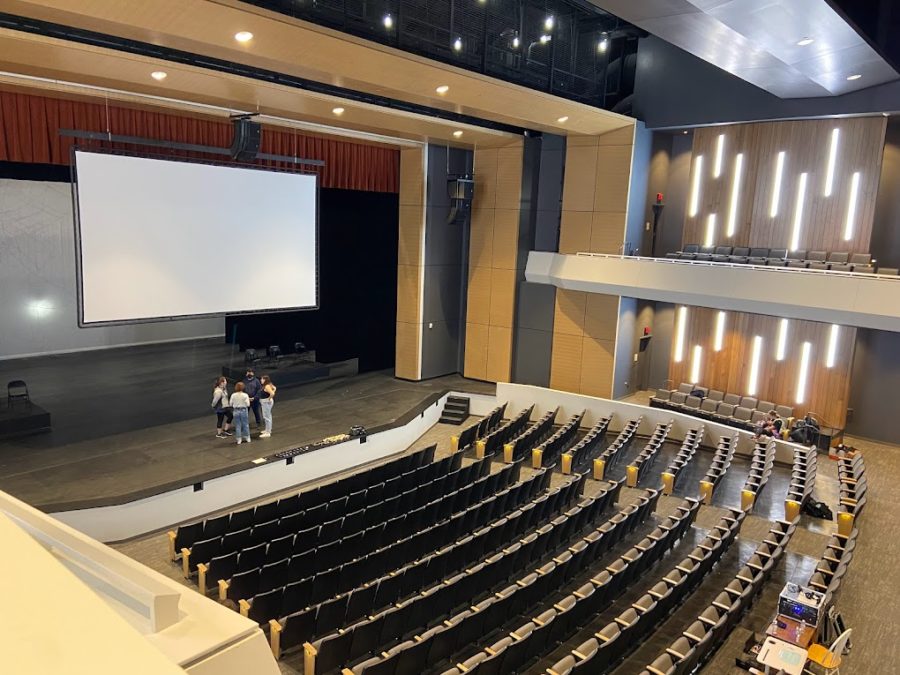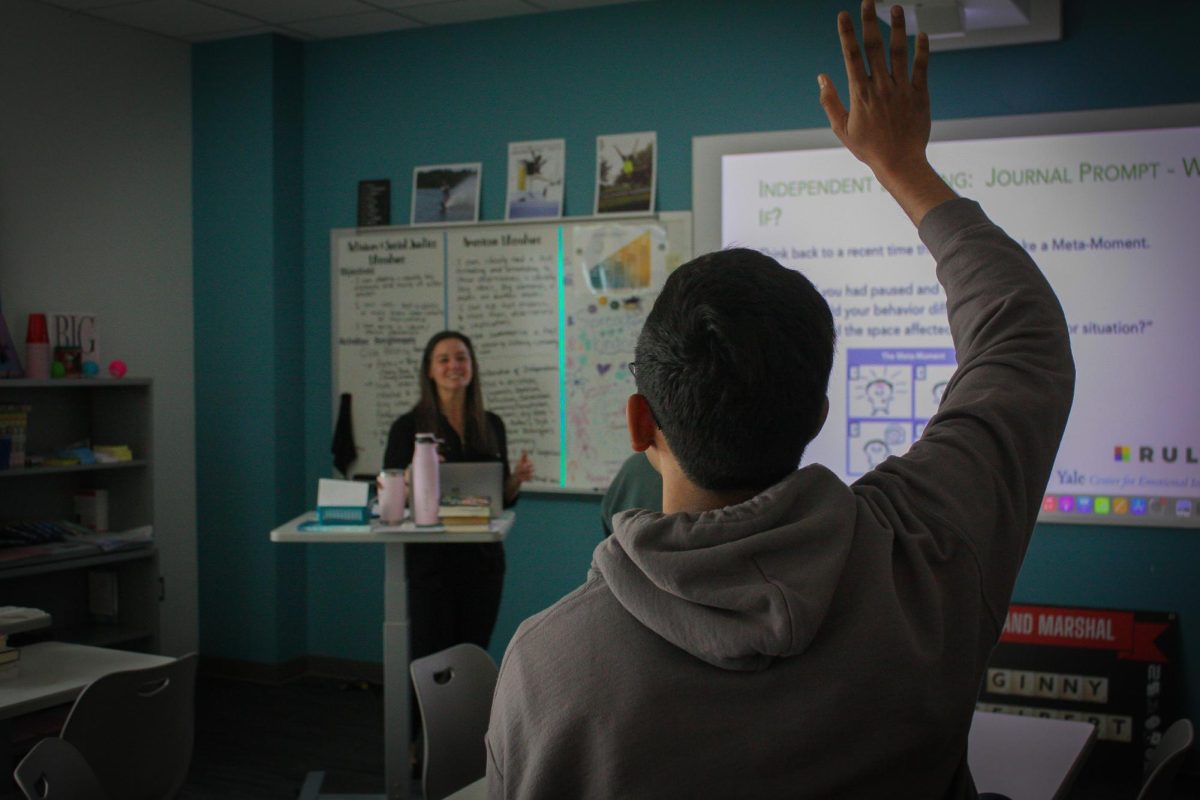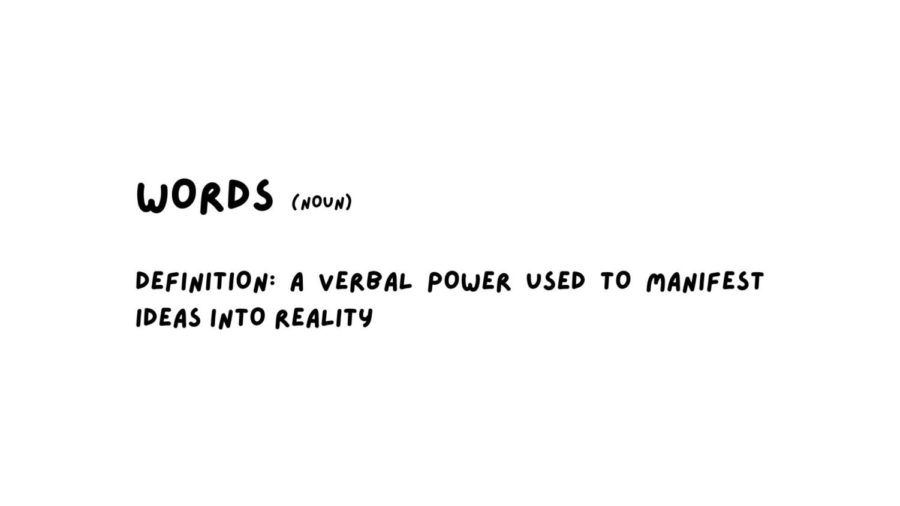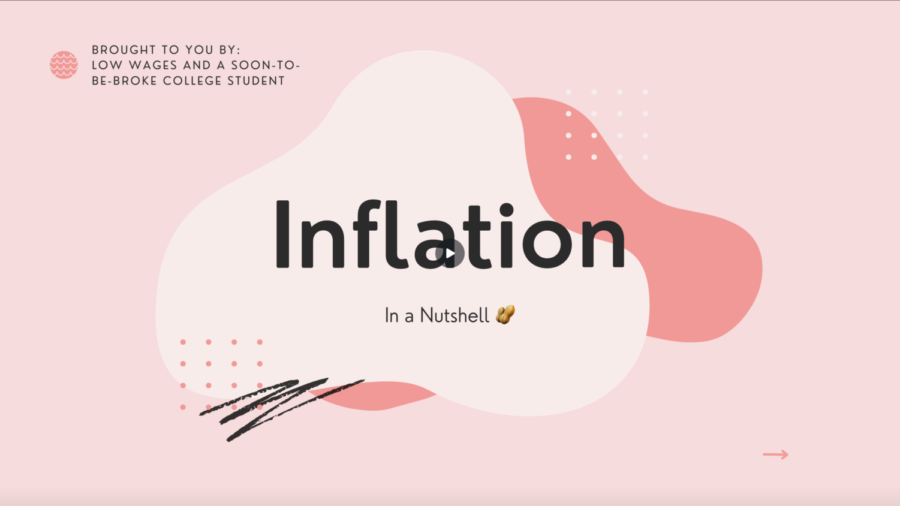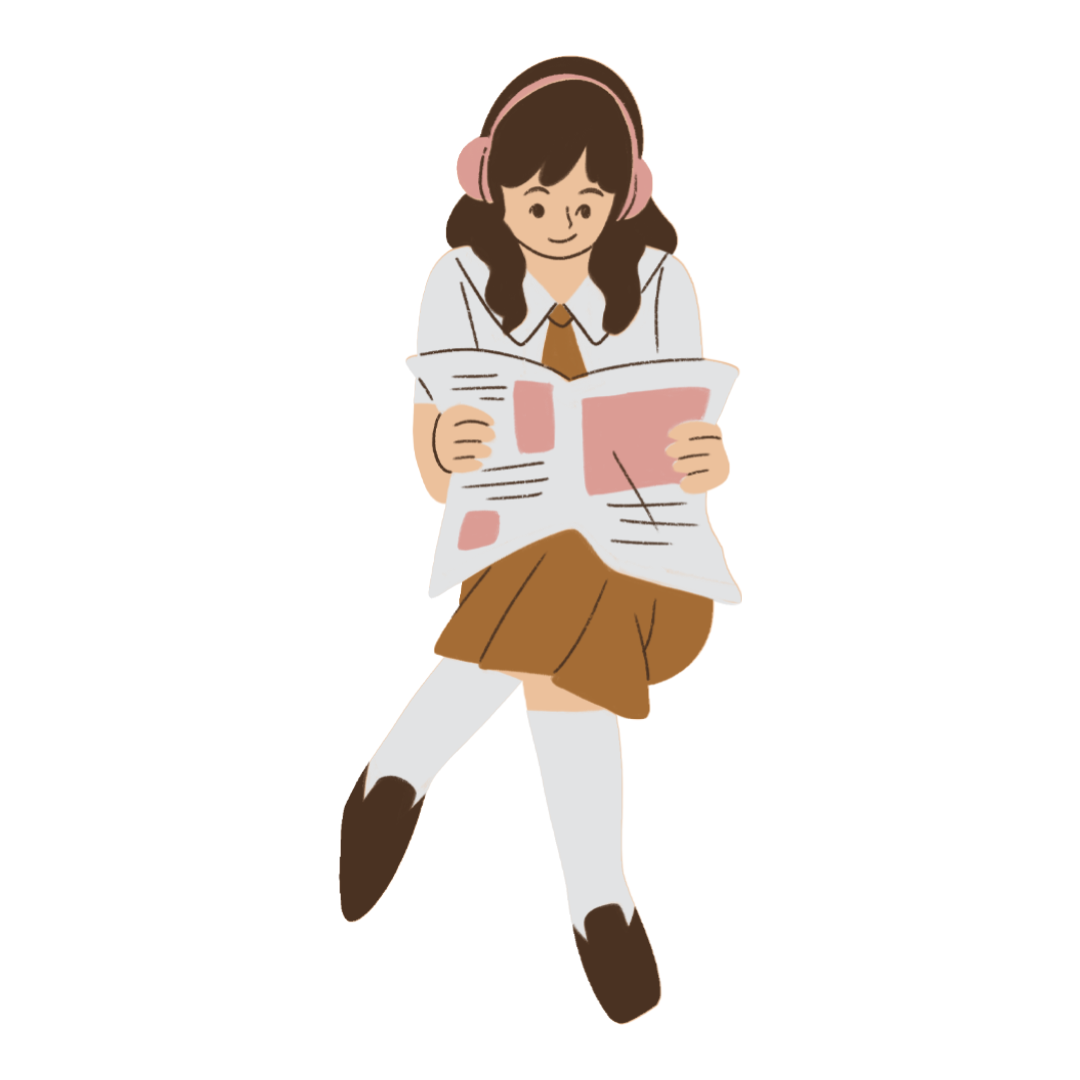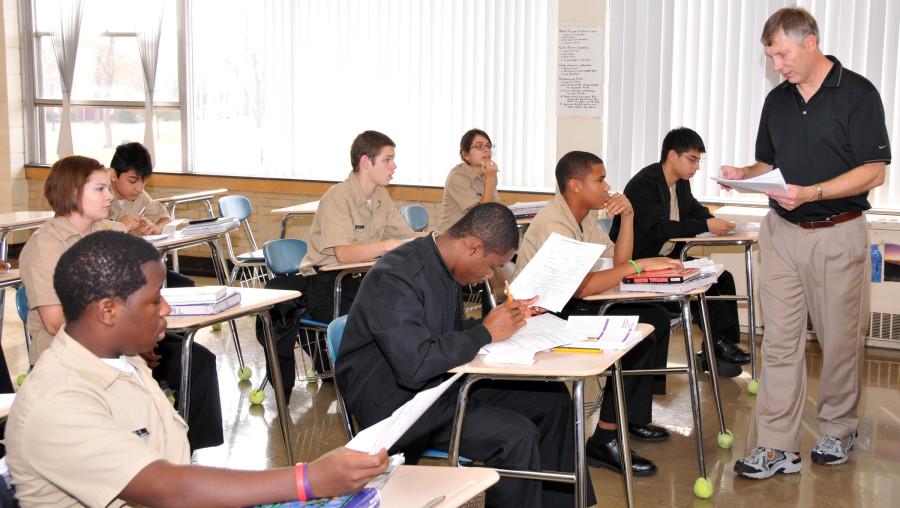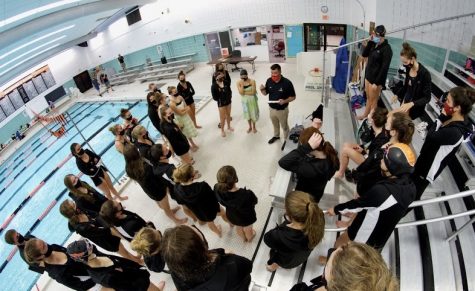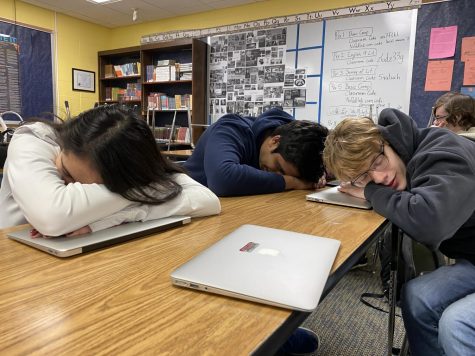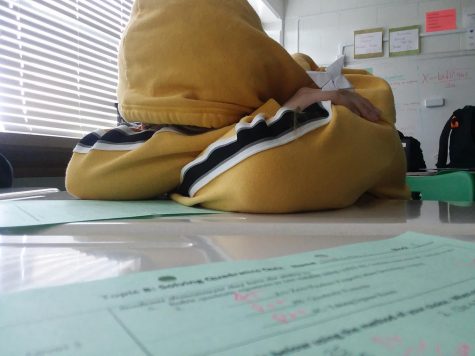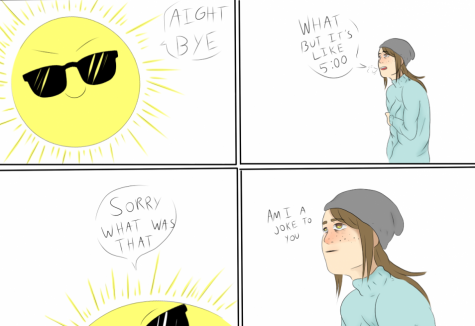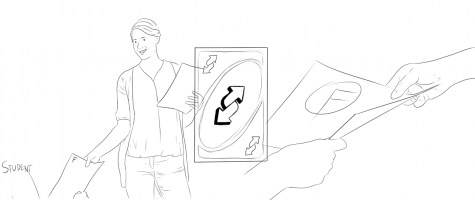Teachers need to be graded
March 11, 2015
The majority of students come to school everyday, not necessarily because they enjoy the classes or anticipate the next lesson but because they feel obligated to come. On top of that, many students do not study for an upcoming exam because of the intrigue of learning content but because of the external motivation or pressure, whichever way you see it, to earn a good grade. Even for those who find their passion in learning, receiving a good grade in a class is an undeniable factor that contributes to their academic motivation.
In the same way that students are motivated through assessment, teachers should also be “graded” for their performance. Now I don’t mean extreme criticism or downright profane language, but I strongly believe that people are motivated to be more cognizant, prepare more thoroughly, and try harder if they have an external force that pushes them.
There have been tests I have taken before that I found of no relevance to the lectures taught in the class, a frustration that many high school students have experienced. There also have been times when the administered test did not require much behind common sense, a reflection that the exam does not accurately measure students’ understanding of the learning material. In both of these situations, students still receive a percentage and letter grade that explicitly, almost crassly, measures their academic competence.
Beyond the tests, I think that classroom dynamic has a huge impact on students’ motivation to study. Maybe a student wants a discussion-based class in their English class, analyzing the various interpretations to a literary classic, and maybe another student wants a lecture-based class, recording notes from a PowerPoint verbatim. Maybe there is a particular topic that they want to learn more about or maybe they want to learn the real-world applications of the pure science they learned. Though it is impossible to meet every student’s requests, I think that teachers should be aware and active in fulfilling students’ needs.
In many universities, students have to respond to surveys assessing professors’ teaching styles, and consequences do exist depending on the students’ responses to the survey; professors can get fired if students feel that the professor is doing an extremely poor job of preparing and conducting lectures.
If a thorough survey about teachers’ performance were imposed after each semester at Ames High, and if there were motivation for students to fill out the survey (such as extra credit), I think that teachers will receive valuable feedback that they can well-utilize to improve their teaching style, content, and classroom dynamic. This opportunity puts positive pressure on the teachers to try their best in teaching, while students get to voice what they want out of their education.





